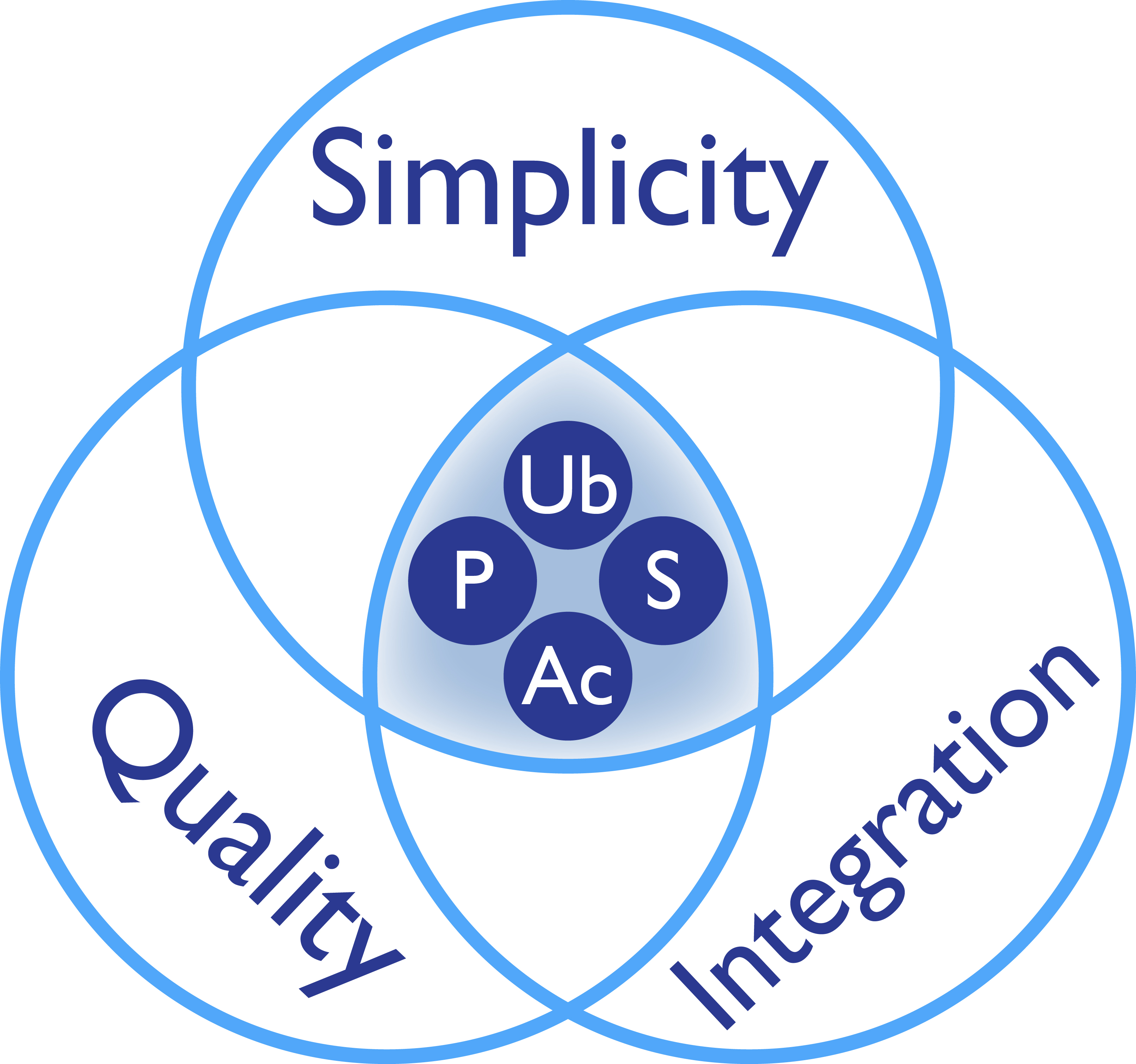Signal-Seeker® Acetyl-Lysine Detection Kit - AAC03-Beads (30 assays)

Product
| Cat # BK164 | Size KIT 30 assays |
Price
£616.20
|
Qty
|
Description
The Signal-Seeker™ line of produts have been developed to allow simple analysis of key regulatory protein modifications by specialists and non-specialists alike. The comprehensive Signal-Seeker™ kits provide an affinity bead system to isolate and enrich modified proteins from any given cell or tissue lysate. The enriched protein population is then analyzed by standard western blot procedures using a primary antibody to the target protein.
Cytoskeleton offers two Acetyl lysine detection kits, BK163 and BK164. BK163 is the most versatile kit as it contains two types of Acetyl-lysine affinity beads, AAC02-Beads (Clone 7B5A1) and AAC03-Beads (Clone 10C4B2.1) that have been chemically conjugated to Protein G beads. These beads can be combined in a 1:1 mixture to produce AAC04-Beads, and this format provides great flexibility and precision when investigating acetyl-lysine PTMs. Validation studies have shown that these beads can immunoprecipitate a wide range of lysine-acetylated proteins with minimal detectable leaching of either heavy or light chains in an IP assay.
When examining the acetylation state of a new protein of interest (POI), it is recommended to try AAC03-Beads and AAC02-Beads separately to determine which reagent is optimal for your POI. Kit BK163 contains both beads and is great for preliminary investigations. In cases where AAC03-Beads give a clearer acetylation signal the kit BK164 is preferable as it will provide more assays for AAC03-Bead IPs.
There are many applications for these kits, here we describe an overview and interesting examples:
Signal-Seeker® kit BK164 uses AAC03 affinity beads exclusively and should be used if it has been determined that AAC03 gives a better enrichment for your POI than the alternative acetyl lysine affinity bead Cat# AAC02.
Application 1 shows IPs for epidermal growth factor receptor (EGFR) and RhoGDI. In this example the AAC03 beads alone would be recommended if studying either EGFR or RhoGDI acetylation. AAC03 Beads have been demonstrated to give a very robust enrichment of a wide range of acetylated proteins (see application 2).
When examining the acetylation state of a new protein of interest (POI), it is recommended to try AAC03 and AAC02 separately (50 μl per IP) to determine which reagent is optimal for your POI (Signal-Seeker® kit BK163). In cases where a comprehensive acetylated protein profile is required a 1:1 mix of both beads, 25 μl each per IP (to give AAC04) should be considered (Signal-Seeker® kit BK163).
Application 1: Determination of Acetylation State of a Target Protein of Interest (POI)
AAC03 & AAC02 acetyl lysine affinity beads (50 μl bead slurry) and a 1:1 mix (25 μl each) AAC04 were used to IP acetylated proteins from Cos-7 cells either treated (+) or untreat-ed (-) with deacetylase inhibitors, [TSA (1 μM) and nicotinamide (16 mM)], for 6 hours. Western blot analysis using anti EGFR and anti-RhoGDI antibodies was per-formed and signals were quanti-tated using LiCor Empiria soft-ware. IP assays were also car-ried out and signals quantitated for mouse IgG control beads (blots not shown).

Application 2: Determination of Target and Total Acetylation Profiles
Endogenous acetylated proteins were immunoprecipitated (IP) from 1 mg of Cos-7 cell lysate using acetyl lysate affinity beads (AAC03-Beads) from kit BK164. IPs were analyzed by western blot detection for protein of interest (POI), EGFR and RhoGDI, or for total acetylome using an HRP-labeled pan anti-acetyl antibody (supplied in kit BK164). Lystaes were either treated (+) or untreated (-) with the HDAC inhibitors TSA (1 uM) & nicotinamide (1 mM) for 6h.

Kit contents
The acetyl-lysine kit contains the following components:
| Lysis and protein quantitation step | IP and pre-clear step | Wash step | Elution step | Western step |
|
BlastR™ Lysis Buffer BlastR™ Dilution Buffer BlastR™ Filters Protease Inhibitor Cocktail HDAC inhibitor Cocktails Precision Red™ Protein Assay Reagent |
Acetyl Lysine Affinity Beads (AAC03-Beads) IP Control Beads
|
BlastR™ Wash Buffer
|
Spin Columns Bead Elution Buffer
|
Chemiluminescent Reagent A Chemiluminescent Reagent B Anti-Acetyl Lysine-HRP antibody
|
• Pharmacological investigation of acetylating and HDAC enzymes involved in regulation of target proteins.
• Investigate acetylation under a variety of different growth factors or drug treatments.
• Examine the interaction of acetylated target proteins with its downstream effectors.
• Examine crosstalk between acetylation and other PTMs for target proteins.
Specifications
| Product Size | KIT 30 assays |
|---|---|
| Storage | 4°C |



